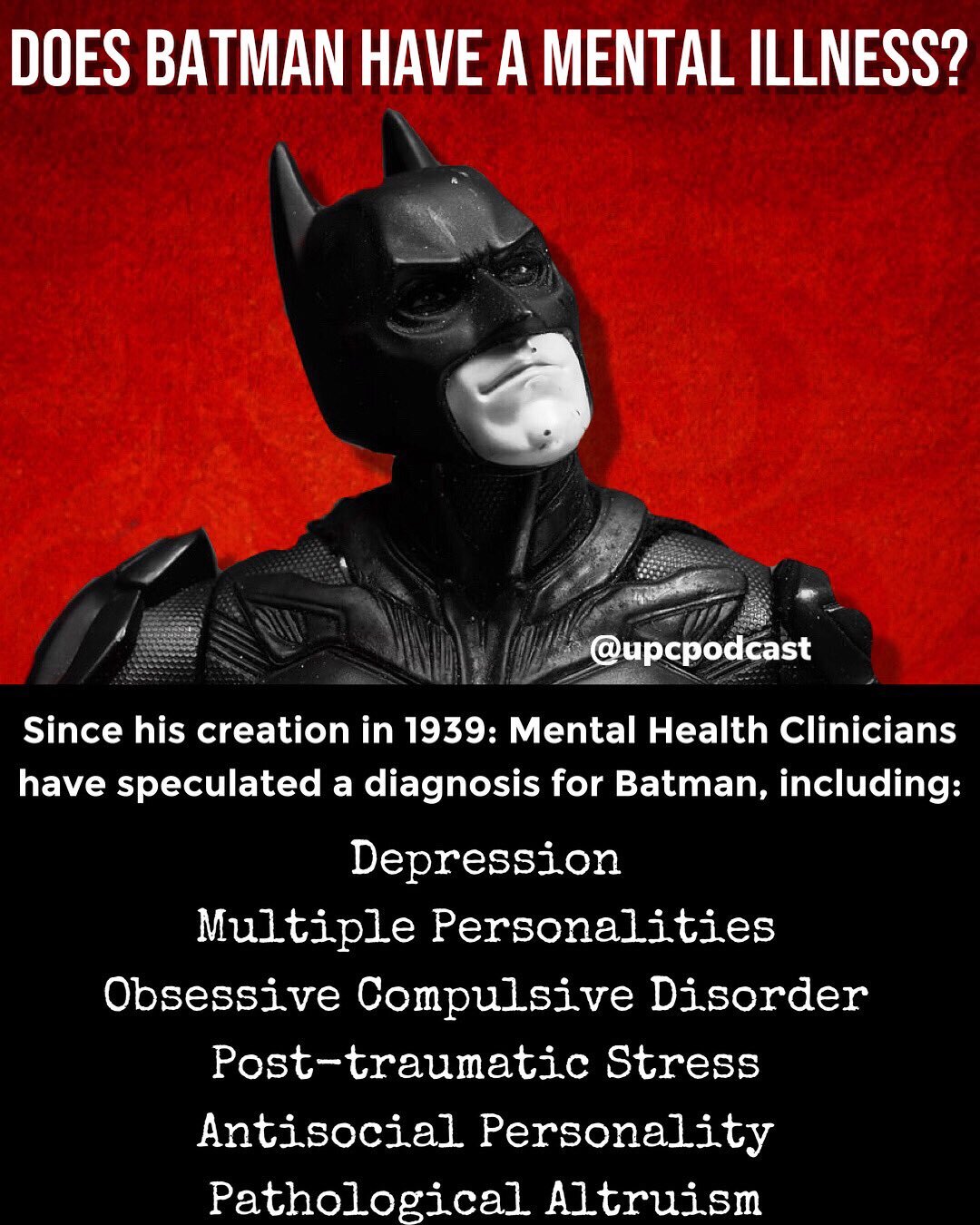👇Watch Below👇
In this episode of the podcast, Michael Drane (@upcmd) and Justin Krause (@upcmd) sit down to discuss the recent Evergreen State College controversy.
Justin says the college is significant— Lynda Weinman invented Lynda.com, a website for tutorials. Also, Craig Bartlett, the animator for Hey Arnold! and Macklemore, the rapper, and even Matt Gorney, the creator of the Simpsons.
Michael and Justin agree that this story if MUCH bigger than just right vs. left.
Nonetheless, a NYT article "The Left Turns on it's Own" talks about Bret Weinstein: a notably liberal biology professor at Evergreen State College in Olympia, Washington. He supports Bernie Sanders, and is an outspoken supporting of the Occupy Wall-Street Movement, and describes himself as deeply progressive and the opposite of racist. In fact, once a year, since the 1970's the Evergreen State College has a protest called the "Day of Absence."
Michael describes this day of absence as powerful, non-violent and effective. The idea is minority faculty and students will stay home that day, so that non-minorities in the community can see the difference in society, the impact that not having these valuable people around. Justin says this "Day of Absence" happens early in the week, and then on the Friday of that week, they have a "Day of Presence" where they reflect on what happened, and how it felt. Michael calls this campus-wide therapy.
But something went wrong this year. In 2017, Evergreen decided to change it. "White students will be invited to leave the campus for the days activities."
Bret Weinstein writes a letter to Rashida Love, the person who wrote this letter asking white people to leave for the day.
"There is a huge difference between a group or coalition deciding to voluntarily absent themselves from a shared space to highlight their vital and under-appreciated roles... and a group or coalition encouraging another group to go away," wrote Weinstein in his March 15 email. "The first is a forceful call to consciousness which is, of course, crippling to the logic of oppression. The second is a show of force, and an act of oppression in and of itself." Weinstein went on to end his email on a diplomatic note, with an offer to organize an event discussing race issues "through a scientific/evolutionary lens."
Weinstein said in an interview that he went to work on the Day of Absence and everything was normal. But on May 26th, a hoard of 50 people came to his door, called him racist for this email and told him to leave.
George Bridges, the president of Evergreen State College tells the police to stand-down, not to intervene, and instead let's have a town-hall meeting of sorts, to hear the grievances of the mob. When they gather to do so, Bridges calls the protest "corageous" and has a speech for everyone, that you can read here.
Verbal demands made by the mob fill the air. The mob of students demand the Weinstein be fired from his job, without pay, and all students should still pass his class. (Can we just collectively "wtf!?" at this.)
If you liked this episode, you'll love the one we did about mobs on Black Friday with Dr. Kirk Honda from the Psychology in Seattle Podcast!
Michael suggests getting out of this group think mentality as much as I do. On behalf of all of us here at UPC, we'd like to say think for yourself! Crosscheck everything you read and try to resist group think!!! In the episode, Michael lays out some symptoms of groupthink:
Illusion of invulnerability –Creates excessive optimism that encourages taking extreme risks.
Collective rationalization – Members discount warnings and do not reconsider their assumptions.
Belief in inherent morality – Members believe in the rightness of their cause and therefore ignore the ethical or moral consequences of their decisions.
Stereotyped views of out-groups – Negative views of “enemy” make effective responses to conflict seem unnecessary.
Direct pressure on dissenters – Members are under pressure not to express arguments against any of the group’s views.
Self-censorship – Doubts and deviations from the perceived group consensus are not expressed.
Illusion of unanimity – The majority view and judgments are assumed to be unanimous.
Self-appointed ‘mindguards’ – Members protect the group and the leader from information that is problematic or contradictory to the group’s cohesiveness, view, and/or decisions.
(Source: Janis, I. Groupthink: Psychological Studies of Policy Decisions and Fiascoes. Houghton Mifflin, 1983.)
Here's an awesome article about the morality of groupthink, also. Just because.... to understand is to conquer, ya know?
HELP SUPPORT THE SHOW BELOW
Unpopular Culture Podcast is a psychology podcast hosted by Professor & Psychotherapist Michael Drane. With help from professionals in different fields, he seeks to shine light into the broken underbelly of society.
Listen as he takes on the psychology behind subjects like:
True Crime: serial killers, murders, stalkers, cults, forensic analysis
Psychology: mental illness, social phenomenon, mob mentality, psychoanalysis, etc.
Culture: Sexuality, Satanic Panic, love, Tv analysis, movie analysis.
We are an independent psychology podcast. Help us keep UPC free of ads and on the air. Please consider supporting the show and get access to our "Stalkers Only" archive, and help be a part of the creative process.
Support the Show! —> patreon.com/upcpodcast
YOU CAN FOLLOW US HERE OR ANYWHERE YOU FIND AWESOME PODCASTS
SPOTIFY
ITUNES
STITCHER
PLAYERFM
IHEARTRADIO
👇Listen Below👇











